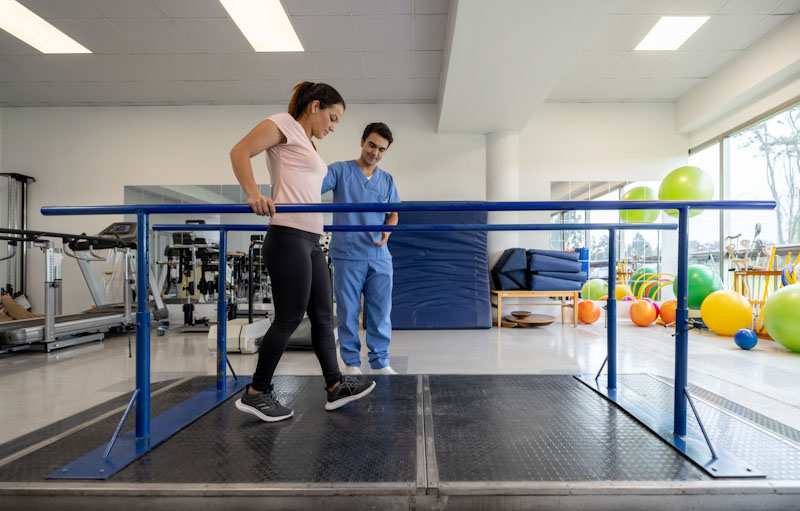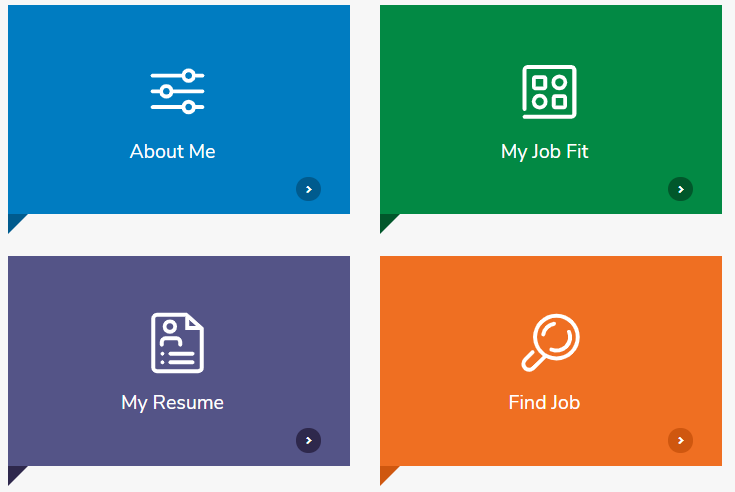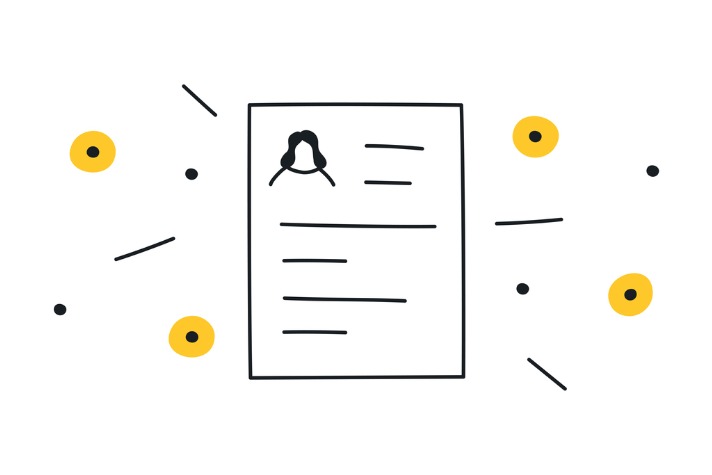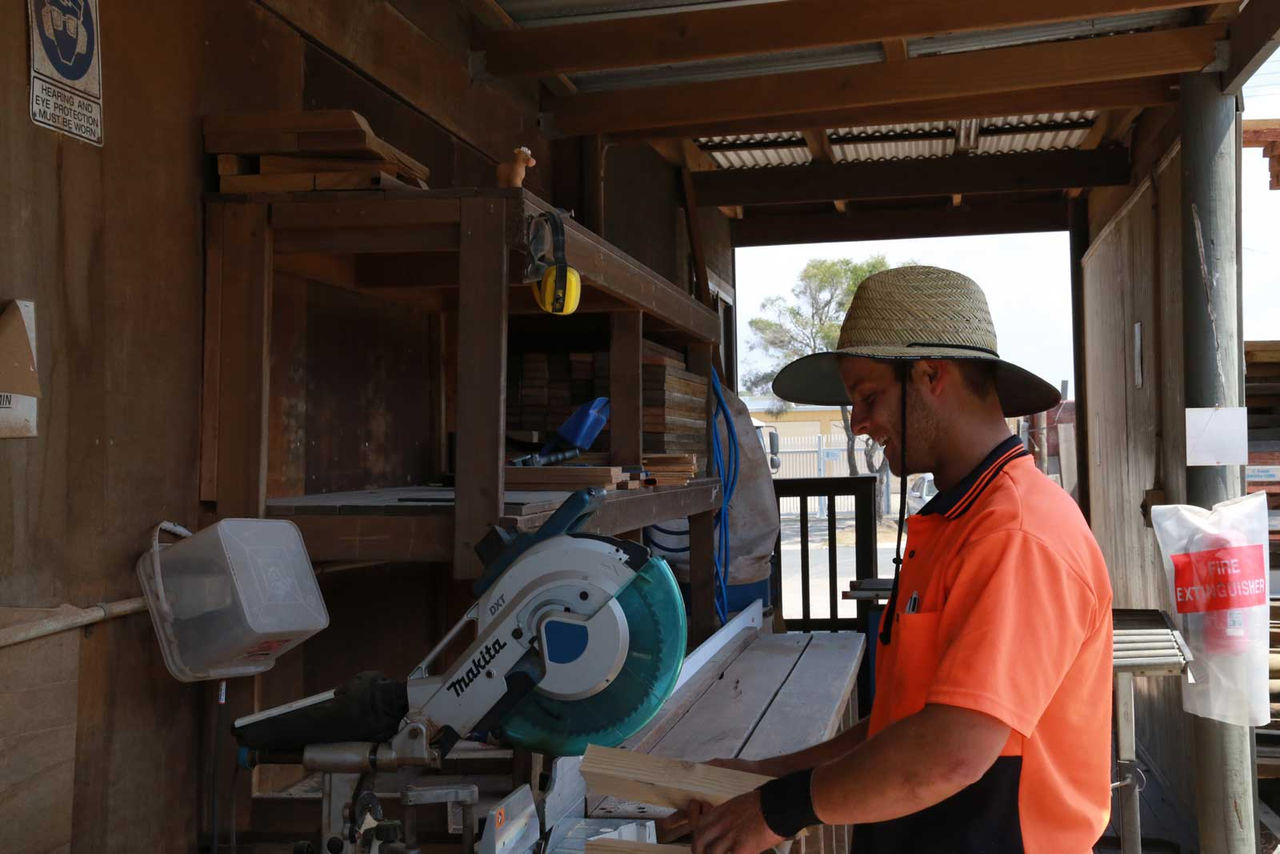How pets impact your health
Published by MAXSolutions on October 11, 2018

It is popularly thought that pets improve their owner’s health and wellbeing. But the relationship is a little more complex than it first appears.
Some studies[1] have found that it depends on the type of pet you have.
It was thought that the exercise dog owners get by walking their dog contributed to their better health, but cat owners were found to have the same benefits. The same benefit could not be found for owners of pet fish, birds, reptiles and rodents.
So how can pets impact your health?
Reduction of poor self-esteem and loneliness
Researchers2 reviewed 22 studies of health benefits in children, and found that children living in families with a pet have higher self-esteem and lower loneliness. They are also better at perspective taking.
Happier heart, head and developmental health
A review of several studies3 found owning pets can:
- Improve cardiovascular health (compared to non-pet owners)
- Assist people with mental health conditions (with therapy animals)
- Benefit children with developmental disorders or experience of trauma.
Reduction of allergies
Living with a pet can have adverse effects on people with allergies4, with as many as 12% of families having to remove their pet from their home because it made allergies worse. Yet other studies5 have found that living with pets can reduce the occurrence of some allergies such as grass, cats and house dust mite allergies. It is important to note that allergies were reduced, not eliminated and advice should always be sought from your doctor about your specific situation.
Motivation
Many people obtain a pet to solve their health problems. For example, someone with a heart condition who needs to lose weight may get a dog for motivation to exercise by walking or playing with their dog.
Reduction of allergies
Living with a pet can have adverse effects on people with allergies4, with as many as 12% of families having to remove their pet from their home because it made allergies worse. Yet other studies5 have found that living with pets can reduce the occurrence of some allergies such as grass, cats and house dust mite allergies. It is important to note that allergies were reduced, not eliminated and advice should always be sought from your doctor about your specific situation.
Remember
The perspective of the pet needs to be considered too. This year the RSPCA6 received 137,391 pets into their animal shelters.
The most common reasons cited for surrendering an animal are the owners moving to a place they cannot take their pet, the cost of the pet, and (less often) the pet’s behaviour. The RSPCA urge anyone considering a pet to give full consideration to the needs of the pet and to their willingness to meet those needs.
So if you are considering a dog to motivate you to exercise, to improve your health or reduce loneliness, first consider whether you can take care of the pet.
For assistance in making any major decision about pet ownership, for improving your health behaviours and for concerns about your mental health; please contact your EAP 1800 629 277 or support@maxsolutions.com.au.
References:
1. Rebecca L. Utz, (2013) Walking the Dog: The Effect of Pet Ownership on Human Health and Health Behaviours. Journal of Physical Activity and Health, 5.2, 216-228
2. Purewal, R., Christley, R., Kordas, K., Joinson, C., Meints, K., Gee, N., & Westgarth, C. (2017). Companion animals and Child/Adolescent development: A systematic review of the evidence. International Journal of Environmental Research and Public Health, 14(3), 234
3. Brunekreef, B., Groot, B., & Hoek, G. (1992). Pets, allergy and respiratory symptoms in children. International Journal of Epidemiology, 21(2), 338-342
4. Collin, S. M., Granell, R., Westgarth, C., Murray, J., Paul, E., Sterne, J. A. C., & John Henderson, A. (2015). Pet ownership is associated with increased risk of non-atopic asthma and reduced risk of atopy in childhood: Findings from a UK birth cohort. Clinical and Experimental Allergy: Journal of the British Society for Allergy and Clinical Immunology, 45(1), 200-210
5. Cherniack, E. P., & Cherniack, A. R. (2015). Assessing the benefits and risks of owning a pet. Canadian Medical Association Journal, 187(10), 715-716
Share
Tags
Found this useful?
Help and advice
Our blogs are about helping people seek the information that they need for their steps in the workforce.














_1.jpg)





























.jpeg)

















